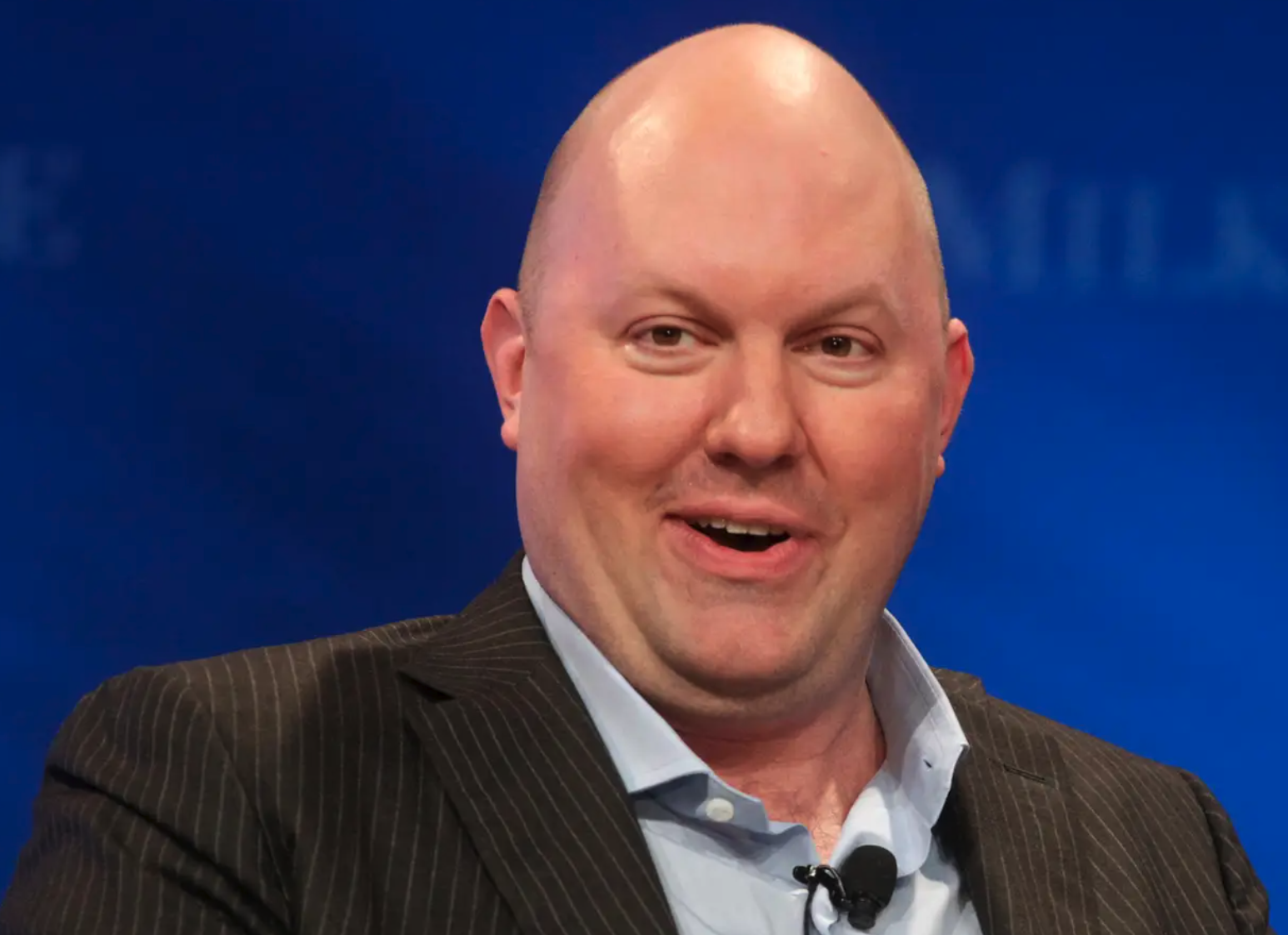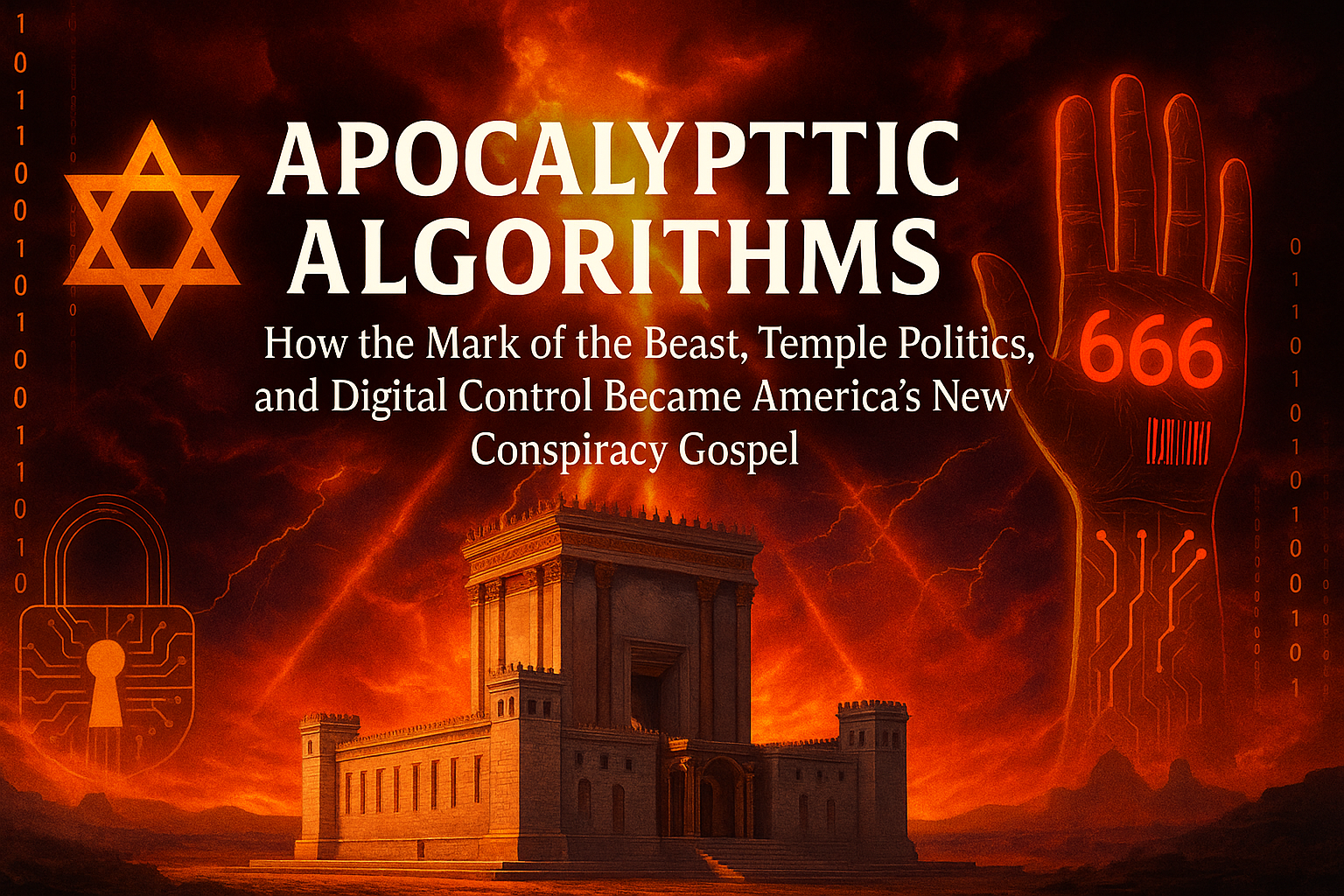Israel's Quiet Takeover of Tech
And What It Means for Free Thought and Digital Liberty
By Atlantic Insider Editorial Staff
In a world increasingly governed by algorithms, surveillance, and artificial intelligence, the silent consolidation of influence in the global tech sector is happening faster than most people realize. And at the center of this power shift is a growing nexus between Israeli interests and Silicon Valley's elite.
While China has dominated headlines with its role in TikTok, a deeper and less scrutinized narrative is emerging: Israel's strategic and ideological expansion into the infrastructure of global tech. From cybersecurity to AI, venture capital to social media platforms, Israeli influence is no longer peripheral—it's becoming central.
Israel's Tech Dominance: By the Numbers
Israel, with a population under 10 million, has more startups per capita than any other country. Known as the "Startup Nation," it receives billions in foreign direct investment annually, particularly from American VC firms like Andreessen Horowitz, Sequoia Capital, and Insight Partners.
According to the Israeli Innovation Authority, over 30% of all cybersecurity tools used in U.S. federal infrastructure are based on Israeli technology. Companies like NSO Group, Cellebrite, and Check Point are deeply embedded in surveillance, tracking, and digital intelligence.
The TikTok Deal: A Trojan Horse?
On September 16, 2025, The Wall Street Journal and Forbes reported that an American consortium including Oracle, Silver Lake Partners, and Andreessen Horowitz would gain an 80% controlling stake in TikTok's U.S. operations. At first glance, this seems like a win for American data security. But dig deeper, and another story emerges.
These firms have deep ties to Israel's tech and defense sectors. Andreessen Horowitz, for instance, is one of the most active foreign investors in Israeli startups as of 2024, according to Globes, an Israeli business daily. With Israeli talent and technology increasingly intertwined with Western platforms, this TikTok acquisition has implications beyond economics—it's about narrative control.
"The battle for the mind of Gen Z won't be fought in churches or schools. It will be fought on platforms like TikTok."
Why Christians Should Be Concerned
Christian communities, particularly those invested in Biblical prophecy, digital liberty, and conservative values, should be alarmed. TikTok has become a key platform in the ideological battleground over Israel-Palestine, gender identity, faith, and political dissent. If moderation and algorithmic control fall into the hands of actors aligned with pro-Israel lobbying groups, it raises questions of balance and fairness in the digital public square.
Pro-Israel lobbying groups like AIPAC have already made inroads into Silicon Valley. Some board members and donors to these organizations also sit on advisory councils of tech companies. The result? Increasing suppression of pro-Palestinian content and criticism of Israeli policies, especially during times of war, like the Gaza conflicts of 2021 and 2024.
Silencing Dissent Through Algorithms
Multiple investigations have shown how certain hashtags and content related to Christian Palestinian communities, Orthodox opposition to Zionism, and calls for non-violent resistance are systematically shadowbanned or downranked. If Israeli-aligned firms gain deeper control over platforms like TikTok, this suppression could become even more normalized and widespread.
Christians are already being silenced on platforms like Facebook and YouTube when they speak out against mainstream war narratives. If Israeli tech firms or investors gain increased access to moderation tools, there's little reason to believe that Christian perspectives critical of Israeli policies will be spared.
The Rise of Surveillance Capitalism
Israel's strength in surveillance tools is well known. The NSO Group's Pegasus spyware has been linked to surveillance against activists, journalists, and even clergy. These tools are sold not just to Israel-friendly governments, but to U.S.-based law enforcement and private tech contractors.
While national security is the stated rationale, the growing reach of such technologies means that religious dissent and traditional moral viewpoints may soon be algorithmically profiled as "extremist" or "anti-democratic." Christians should ask themselves: Who defines those terms?
Concentration of Power = Erosion of Liberty
The Christian worldview champions the dignity of the individual, freedom of conscience, and the moral imperative to speak truth to power. But if control over speech platforms, surveillance tools, and digital infrastructure is concentrated in the hands of a few ideologically aligned firms and governments, those freedoms may be functionally curtailed.
"We are not witnessing a free market of ideas. We are watching the emergence of a digital theocracy."
A Call to Discernment
To be clear: this is not a call for paranoia, but for discernment. Not every Israeli company is sinister, nor is every U.S. investor compromised. But Christians must wake up to the reality that digital platforms are becoming the new pulpits—and someone else is choosing the sermons.
We must ask: Who owns the platforms that shape our children’s worldview? Who profits from surveillance tools marketed as public safety? Who decides what speech is "harmful"?
Conclusion: The Spiritual War Online
Scripture warns us that in the last days, deception will be rampant, and truth will be cast to the ground (Daniel 8:12). If Christians want to defend truth in the digital age, they must understand who controls the tools of communication.
Israel’s expanding role in tech isn’t just an economic story. It’s a spiritual one. And it deserves far more attention than it’s getting in mainstream media.
The fight isn’t just for TikTok. It’s for truth, freedom, and the future of faith in an increasingly programmed world.
%20(4).png)





.png)

%20(3).png)

